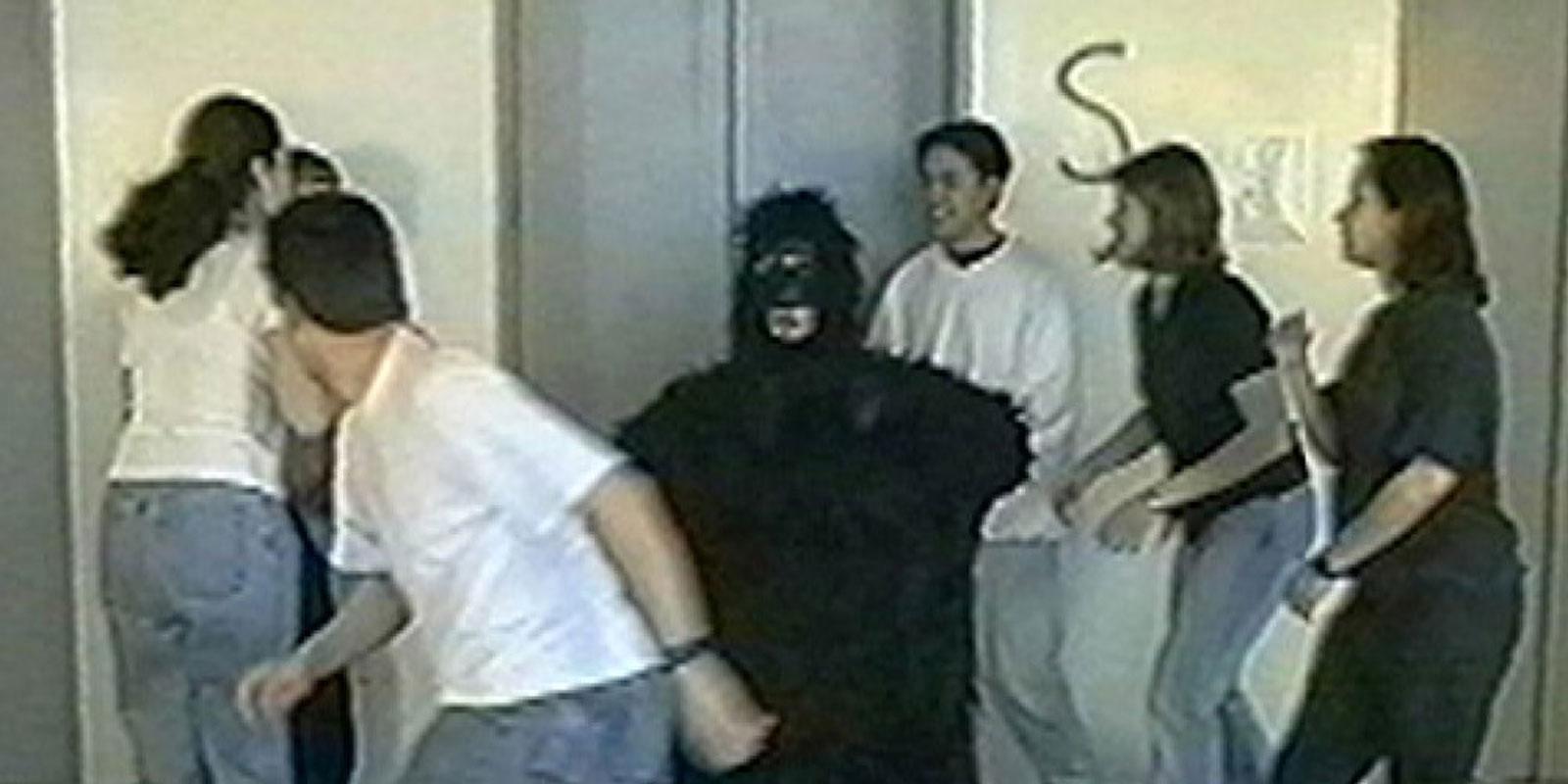A new paper argues that the 'cosmic gorilla effect' may be hampering our ability to find E.T.

It seems there’s a bit of consternation over the fact that our six-decade effort to find extraterrestrial intelligence hasn’t paid off. What’s wrong? Why haven’t we seen even the slightest sign of other cosmic inhabitants?
The scientists involved in the search have a straightforward answer: We haven’t looked long enough — or hard enough. That makes sense. But some folks have another take: Maybe we’re missing the boat because we’re looking for the wrong kind of boat.
In an article published recently in the journal Acta Astronautica, psychologists at the University of Cadiz in Spain argue that — because of our preconceived notions about what form aliens would take and how they might make their presence known — we may have developed tunnel vision in our search for E.T. Perhaps we’re overlooking other, possibly obvious evidence.
COSMIC GORILLA EFFECT
The psychologists’ idea harkens back to a famous 1999 experiment in which people viewed a video showing two teams of students tossing basketballs back and forth. The viewers were told to count the tosses. That task required so much concentration that about half of the viewers failed to notice when someone in a gorilla suit walks into the frame and pounds her chest.
Clearly, it’s easy to miss something important (or at least interesting) when you’re fixated on something else. So the idea offered up by the Cadiz academics is that this cognitive limitation might be hampering our hunt for extraterrestrial company. As an example, they note that even though dark matter is believed to make up one-fourth of the universe, we don’t know what it is. They ask, is anyone considering the possibility that it could be a manifestation of intelligence?
That sounds far-fetched. Klingons masquerading as dark matter seems about as likely as a blizzard in Miami. Dark matter doesn’t radiate significant heat, the way any complex biology or machine intelligence would. Besides, this mysterious stuff clogged up the universe very early — before intelligent life is likely to have evolved.
OBSERVATIONAL ENDEAVOR
It would be heavy-duty hubris to claim that we have considered every possibility in our efforts to find aliens. We’ve certainly been myopic in the past. During the nineteenth century, European physicists suggested we could establish contact with Martians by turning gas lanterns in the direction of the Red Planet. The plan was hopeless, but not because the scientists were ignoring other possibilities. They simply didn’t know about radio or much about Mars, and proposed a reasonable experiment given the science understanding of the time.
Sure, our preconceived notions of what would be good evidence of aliens — including radio signals, flashing lasers, or megastructures — might be blinding us to clues that, like nitrogen in the air, are all around us and yet overlooked. But to quote Dirty Harry, “a man’s got to know his limitations.” The men and women searching for extraterrestrials can do no better than to go with what they know.
So while it’s easy to complain, as members of the public occasionally do, that scanning the sky with big antennas is old school and parochial, the fact is that sending information from star to star on a radio wave is fast and efficient. The popular suggestions that we should be tuning into subspace communications, telepathy, or hyperdimensional physics — while certainly different — are also full-tilt bonkers.
What’s the bottom line? Hunting aliens is an observational endeavor. So new ideas about how to search are important when they make a prediction that can be verified with a telescope or some other instrument. Succinctly put, the idea that we’re missing the boat would be more interesting if it were accompanied by a battle plan for finding boats.
Dr. Seth Shostak is the senior astronomer at the SETI Institute in Mountain View, California and a noted expert on the search for extraterrestrial intelligence.
Originally published at https://www.nbcnews.com/mach/science/what-can-gorilla-teach-us-about-search-space-aliens-ncna867481





